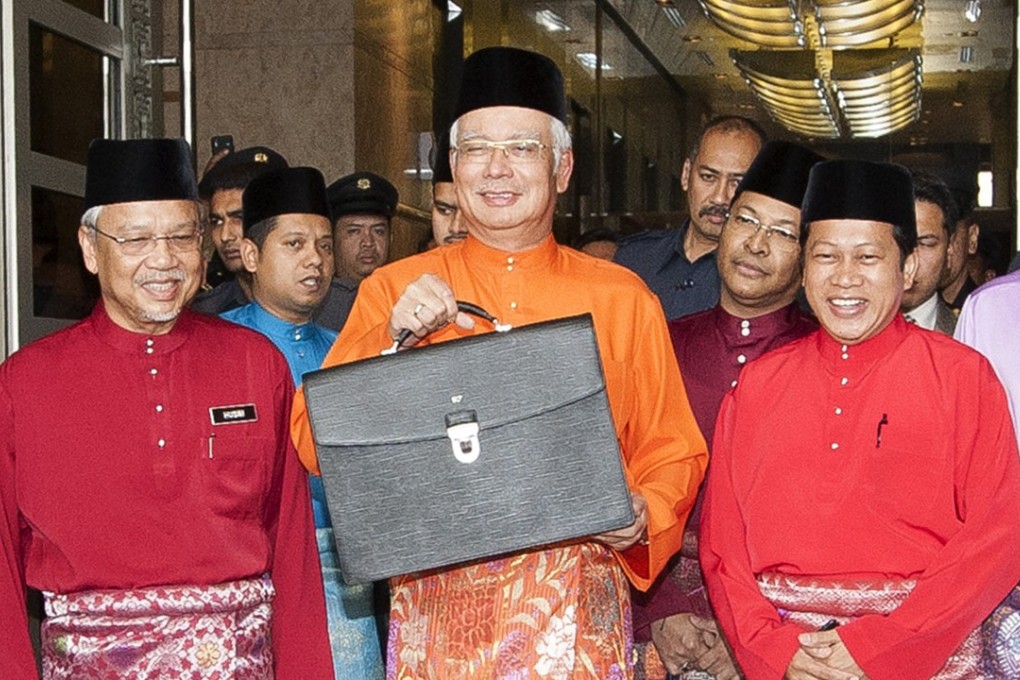Asian Angle | The trillion-ringgit puzzle in the Malaysian election
For the first time in decades, national debt has become a topic of contention in Malaysia – and voters must decide who will lead them out of the crisis before it becomes crippling

It’s election season in Malaysia and it looks like this year’s political hot potato will be the national debt. National debt stands at 684 billion ringgit (US$174.31 billion), putting the country’s debt-to-gross domestic product ratio at 51 per cent. Most countries in the region have a ratio of around 41 per cent.
Prime Minister Najib Razak claimed last week that if the opposition came to power on promises to abolish the goods and services tax, the national debt could reach 1.1 trillion ringgit, adding fuel to the debate over whether the country’s fiscal strength is getting worse, not better.
Will insulting Robert Kuok cost Najib and Barisan Nasional the Malaysia election?
Lim Teck Ghee, the CEO of the Centre for Policy Initiatives, a Malaysian think tank, said recently that the debt could reach 1 trillion in as little as three years.
“In fact, if the debt under Barisan Nasional continues to grow at the same rate as it has during the past decade, it will reach more than 1 trillion by 2021; 2 trillion by 2028 and 3 trillion by 2032, according to reliable estimates,” he said.

The ringgit’s volatility adds to the seriousness of the impending crisis. The current exchange rate is roughly US$1 to 3.9 ringgit, a sign of strengthening from 18 months ago when the rate was US$1 to 4.8 ringgit but still far from the US$1 to 2.5 ringgit rate before the 1997 Asian financial crisis.

